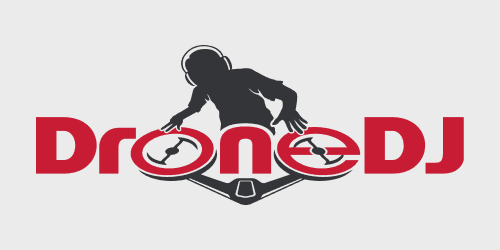
Friends don’t let friends fly a drone while drunk. You know it, we know it. But it appears this 56-year-old man in Japan’s Aichi Prefecture doesn’t know it. For he thought it would be OK to take a long-forgotten drone out for a spin after guzzling eight 350 ml cans of beer.
The incident happened last month but is gaining traction in Japanese media only now, as the police investigation into the matter progresses.
On June 12, a 56-year-old unemployed resident of Toyota City found himself faced with a horrible, boring, tedious task: cleaning up the house. A morning binge-drinking session ensued, because you know how annoying things seem less annoying when you’re buzzed?
And it was while this man was trying to find order and beauty in self-created chaos that he stumbled upon a drone that he had bought a few years ago. Eager to see if the thing still worked, the man fired up the 1.2-lb (540 g) machine and ended up colliding with a neighbor’s window.
The neighbor called the police to report the “crash” and a full-fledged investigation ensued. The drone was confiscated by the police and the man booked with charges of drinking and droning – the first such conviction in Aichi Prefecture. The quantum of the punishment, it would appear, has yet to be decided.
Law against drinking and droning
Japan made flying a drone while drunk a punishable offense in 2019. Anyone found to be intoxicated while flying a drone can be sentenced to up to one year of prison time. They may also face a fine of up to 300,000 yen ($2,740). This law covers all drones weighing more than 200 g.
In the United States, the Federal Aviation Administration (FAA) has recently updated its safety guidelines for recreational flyers. And this is what the FAA recommends to potential Community-Based Organizations (CBOs):
Comprehensive safety guidelines should prohibit the recreational flyer from using alcohol or prescription drugs in a manner that would interfere with the recreational flyer’s ability to operate the UAS safely.
Additionally, the FAA also recommends that recreational flyers follow the “IMSAFE” checklist:
- Illness: Is the recreational flyer suffering from any illness or symptoms that might affect the operation of the UAS?
- Medication: Is the recreational flyer taking any drugs (prescription or otherwise) that might affect the operation of the UAS?
- Stress: Is the recreational flyer experiencing any psychological or emotional factors which might affect his or her performance?
- Alcohol: Has the recreational flyer been drinking within the last eight hours? Depending on the amount of alcohol consumed, full metabolization can take up to 24 hours. Flyers should be aware that as little as one ounce of liquor, one bottle of beer, or four ounces of wine can impair flying skills.
- Fatigue: Has the recreational flyer received sufficient sleep and adequate rest in the recent past?
- Emotion: Is the recreational flyer emotionally upset?
If you answer yes to any of the above, you should avoid flying.
Read more: Drone captures teen’s heroic rescue of mom and son caught in powerful North Carolina rip current
FTC: We use income earning auto affiliate links. More.






Comments